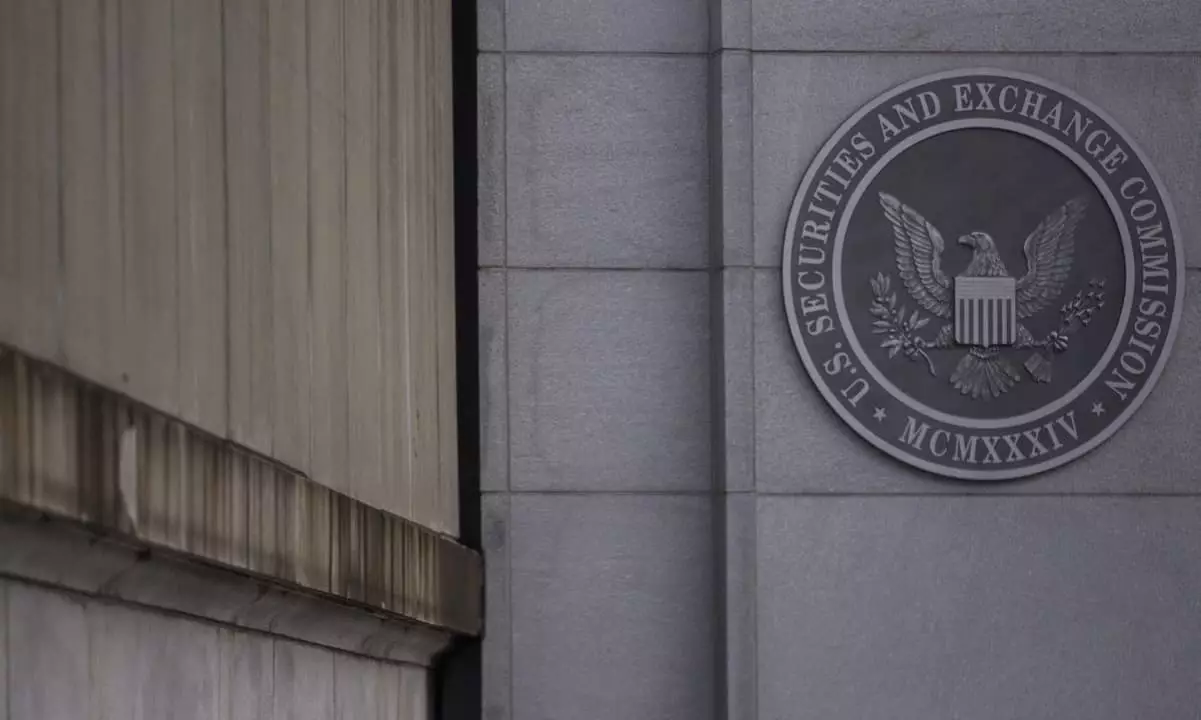The recent resignation of Gurbir Grewal, the Director of Enforcement at the U.S. Securities and Exchange Commission (SEC), has sent ripples through the financial and cryptocurrency sectors. Effective October 11, 2024, Grewal’s departure comes at a precarious time for the SEC, which is gearing up to file an appeal in its significant case involving Ripple Labs. This transition raises several questions surrounding the agency’s regulatory approach, particularly regarding its ongoing conflicts with the ever-evolving landscape of cryptocurrency.
Grewal’s resignation was announced on October 2, with SEC Chair Gary Gensler extolling him as an “accomplished public servant.” However, the timing and nature of this resignation have sparked intrigue and concern among legal experts and industry commentators, particularly as it coincides with the SEC’s appeals process against Ripple. The abrupt nature of the announcement—with just nine days of notice—has many speculating about the potential motivations behind Grewal’s exit, especially since it followed closely on the heels of the SEC’s planned appeal.
The SEC has named Sanjay Wadhwa, the current Deputy Director and a seasoned veteran within the agency, as the interim replacement for Grewal. His extensive experience—spanning over two decades—hints at stability during a time of turbulence. However, the critical question remains whether Wadhwa’s interim leadership can enforce a more cohesive strategy that will address the current chaos surrounding the regulatory agency’s actions, particularly regarding the contentious Ripple case.
As Wadhwa steps into this role, the SEC appears to be relying on familiar faces to maintain regulatory continuity. Sam Waldon, Chief Counsel of the Enforcement Division, will assume Wadhwa’s position until a permanent replacement is appointed. This move could imply a desire to retain institutional knowledge while navigating the regulatory waters that are increasingly complicated by public dissent and legal scrutiny.
Legal experts have been quick to voice their opinions on the implications of Grewal’s resignation, with prominent figures such as crypto attorney Jake Chervinsky highlighting the potential for this departure to influence the SEC’s ongoing battle against Ripple. His assertion that Grewal’s exit might signal an end to the SEC’s “campaign of unlawful harassment” suggests a hope for a shift in the regulatory agency’s approach, one that prioritizes clarity over litigation.
Additionally, the recent critical remarks from attorneys like Jeremy Hogan indicate a growing unease about the SEC’s aggressive stance. Hogan characterized the appeal as a “big mistake,” emphasizing the inherent risks that accompany the SEC’s litigation strategies. These sentiments reflect deep-seated concerns about the SEC’s ability—or willingness—to protect investors while simultaneously punishing organizations such as Ripple.
If the SEC proceeds with its appeal without substantial justification, it risks further alienating industry participants and undermining its credibility. The evolving landscape of cryptocurrency regulation will demand thoughtful and informed leadership—qualities that will be tested as the SEC grapples with its internal changes and external pressures. Grewal’s resignation is more than just a change in personnel; it marks a pivotal moment in the SEC’s tenuous relationship with the cryptocurrency industry and sets the stage for potential transformation in regulatory strategy.















